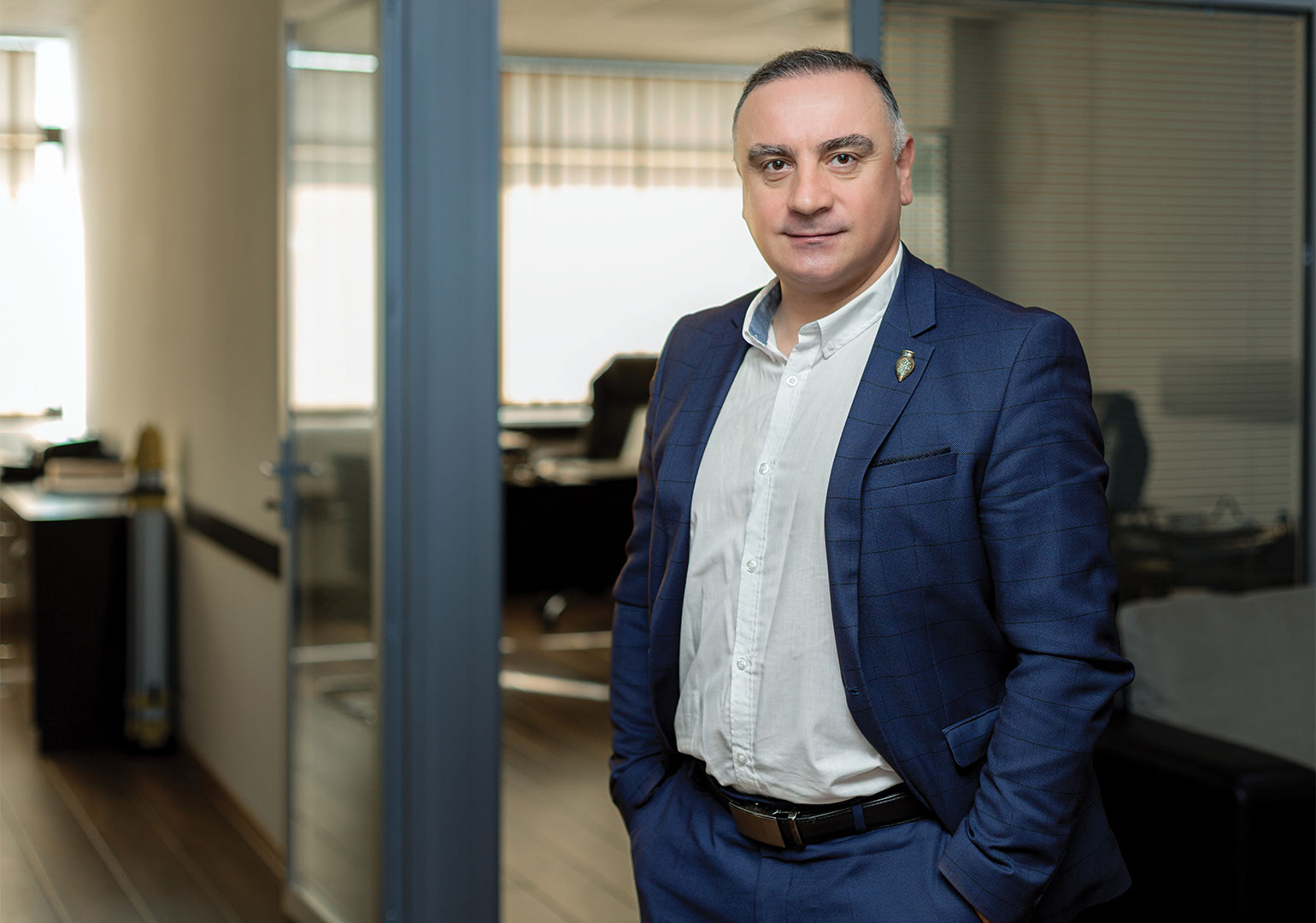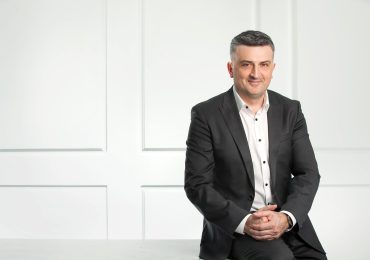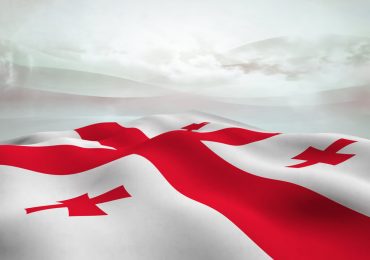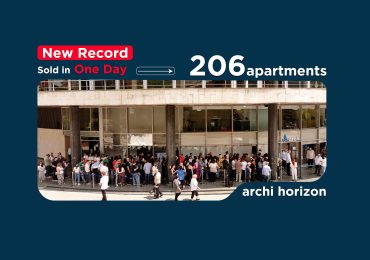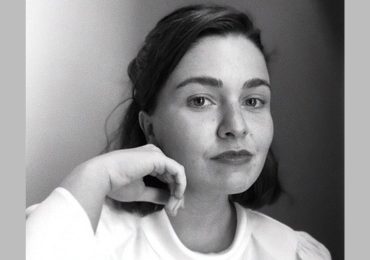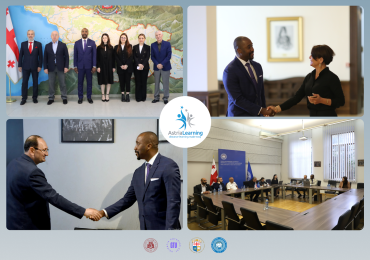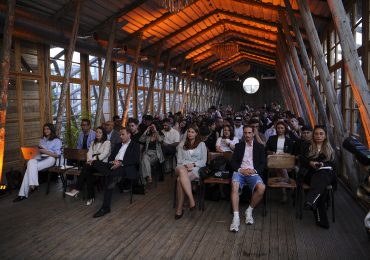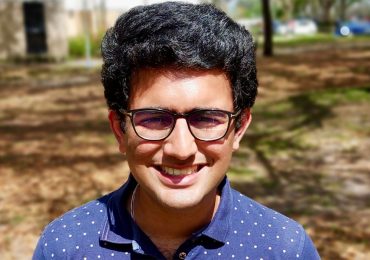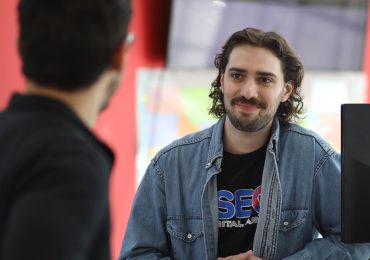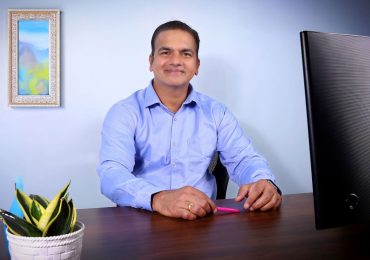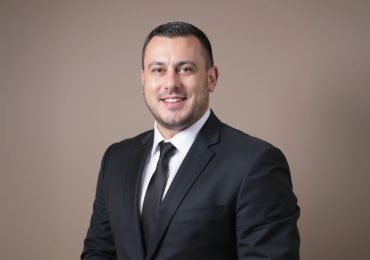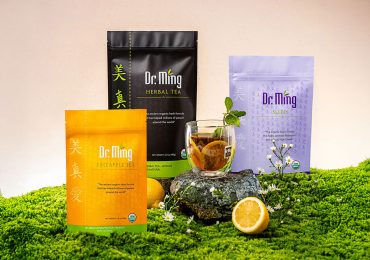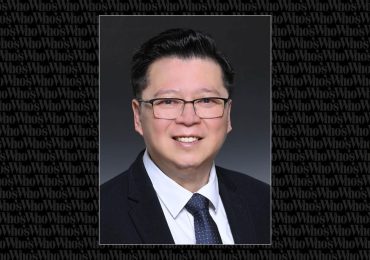Zurab Kviriashvili vineyards was the first family winery in Georgia to start bottling and selling wine. This happened in 2002 when Zurab Kviriashvili returned to Georgia from the us. The winery currently produces 7,500 bottles of organic wine and hosts enotourists. Zurab Kviriashvili is about to finish building a hotel and has plans to operate a farm and double his wine production. However, wine and tourism are not his only interests: he also heads an engineering consulting firm.
When did you first become interested in winemaking, and what were your first steps in the industry?
My father, grandfather, and other ancestors made wine for personal consumption, and I also became involved in this tradition from an early age.
After graduating from school, I studied at the Georgian Technical University, earning my bachelor’s, master’s, and doctoral degrees from the Faculty of Construction Engineering. While doing my master’s, I also graduated from the managerial school funded by the TACIS programme. After completing my studies, I prepared a business plan on “Production of Virus-Free Grafted Vines.” I never really lost my connection to wine.
There was not much construction taking place in Georgia in the late 1990s. I then began working as a demonstration plot specialist for the American organization ACDI/VOCA, funded by USAID. Their project in Georgia ended in 2000, so I participated in a winemaking exchange programme and traveled to California. There, I took a viticulture course in Santa Rosa and a practical course at the Mirassou Winery in San Jose.
While in the US, I also studied accounting and took exams in business and computer accounting. Additionally, I took a first aid and CPR course and worked as a first responder for the YMCA. In 2001-2002, I rescued three children and was awarded the title of the Role Model (Best Lifeguard).
Lastly, I took a construction management course at Columbia University in New York and studied project risk management at University of California UC Irvine. I then returned to Georgia and began implementing the experience I had gathered in America in my winery.
When did you open your winery in Georgia?
Zurab Kviriashvili Vineyards pioneered the establishment of small family wineries in this country. My time in California gave me the opportunity to gain experience in the specifics of working both in factories and small family wineries. I had the desire and interest to do something similar in Georgia. We first bottled Saperavi and Rkatsiteli in 2002. The following year, I took an exchange course in wine marketing at UC Davis, where I presented my 2002 vintage wines. They were well received, as they were different from the other wines. Our Qvevri-shaped label was designed in 2011 and has been adorning our products ever since. Zurab Kviriashvili Vineyards has been a member of the Natural Wine Association since 2018. Our wines have participated in and received awards at numerous international symposia and exhibitions in Georgia and abroad, including Expovina in Switzerland in 2018, Expo Georgia in 2019, Raw Wine Festival in the US in 2019, USA Wine Ratings in 2021, Raw Wine Festival in 2022, Riga Food in 2022, and the Sommelier Choice Awards in 2023.
Where are your vineyards located, and what grape varieties do you grow?
Since the beginning, we have had Rkatsiteli vineyards in the Tsinandali region near the village of Gulgula. In 1999, I also purchased land in Shalauri, where I began to cultivate the Kisi, Khikhvi, Mtsvane, and Saperavi varieties. Both vineyards are located on the right bank of the Alazani. My other vineyards are in the village of Artana at the foot of the Caucasus mountains, where we grow Rkatsiteli and Saperavi grapes.
How many bottles of wine do you produce, and where do you sell it?
We produce between 6,000 and 7,500 bottles per year. Our wine is mainly sold abroad, in countries such as Switzerland, Malta, Austria, and the United States. It can be found in Georgian stores, albeit in smaller quantities. It is also possible to taste our wine in our cellars.
What else can you offer to enotourists?
Apart from the winery, we are also building a hotel. Once completed in 2024, it will allow me to implement my original plan to arrange wine tasting inside the hotel, featuring 12 rooms, a conference hall, a terrace, a separate chacha (Georgian vodka) distillery, and bread-baking spaces. There will also be a smaller wine cellar with Qvevri vessels produced in 1895 and 1909.
Our winery currently has 12 Qvevris and stainless-steel tanks, to which we will be adding another four Qvevris. There will also be a bakery making Georgian bread. Additionally, I will resume operations on my farm near Telavi to supply the hotel with fresh meat and dairy products.
Apart from the winery, you also manage an engineering consulting firm. Could you tell us a bit more about it?
While I was establishing the winery, I never stopped my engineering activities. I have a PhD in technical sciences, and I am also the co-founder of the consulting firm Engineering Solutions, which provides Design and Construction Supervision services. This knowledge and experience helped me plan and build the winery and hotel. I also consult various companies on designing wineries and greenhouses, planning equipment, selecting production units, and preparing relevant documents.
Our consulting firm works with various international companies and implements projects for the World Bank, Asian Development Bank, EBRD, KFW, and IFAD. We work on all kinds of infrastructure projects, including the rehabilitation/restoration of cultural heritage sites, irrigation systems, water supply and sewage systems, road construction, quality control, and supervision works.
What services do you offer your clients?
We assess the works performed by builders and determine whether the works have been conducted in accordance with the required standards and whether they are eligible for payment. We are responsible for quality control, resolving any disputes between the customer and the builder, signing the delivery and acceptance certificate, and completely eliminating any construction-related defects within the stipulated period.
Which specific projects have you completed with Engineering Solutions, and what are you working on right now?
From 2008 to 2010, I was the director of the Samtskhe-Javakheti road rehabilitation project, which was implemented with the funding of the Millennium Challenge Corporation. We completed 235 km of the road. Later, I became the head of business development at a Spanish consulting company in Georgia, with whom I implemented the Design works for Ruisi-Agara bypass road and Gomi bypass road project, Tskaltubo rehabilitation works, as well as the Mestia and Anaklia water supply and drainage works. After I joined Engineering Solutions in 2014, we collaborated with Italian companies to make restoration of the village of Dartlo, the palace of King Erekle, the David Gareja complex, and Ninotsminda, as well as supervising the works at various infrastructure facilities. Together with French and German companies, we are supervising the construction of the Zugdidi-Jvari-Poti-Gudauri water supply and drainage systems. We are also conducting Feasibility Studies for the construction of the Samtredia-Vani-Baghdati water supply and drainage systems.
We have also supervised the construction of the DzeveraShertuli irrigation systems and the Tiriponi irrigation canal near the occupation line. This project ensures the supply of irrigation water to Georgian villages. In collaboration with another consulting company NIRAS, I am working on a climate change strategy for the construction industry.
Together with a Spanish company IDOM, I am coordinating the evaluation of the water supply and sewage systems of Tbilisi, Rustavi, Gardabani and the preparation of an investment package. Finally, in partnership with an Italian company, I am coordinating the implementation of the project to renovate the Zakagori complex and access road in Truso Valley.
What are your plans with regard to both your engineering and winemaking activities?
In Tbilisi, I will be heading a supervision group working on the Dighomi Meadows Park construction project. We will carry out an evaluation of the project and construction supervision works.
As for the wine business, 2023 was a bad year for winemakers. However, I am optimistic and hope that next year will be a successful one. Considering the current yield from our vineyards, we will fully utilize the Qvevri vessels in our winery and almost double the volume of bottled wine. We also plan to build a hotel, which will encourage more tourists to visit the winery.
S


